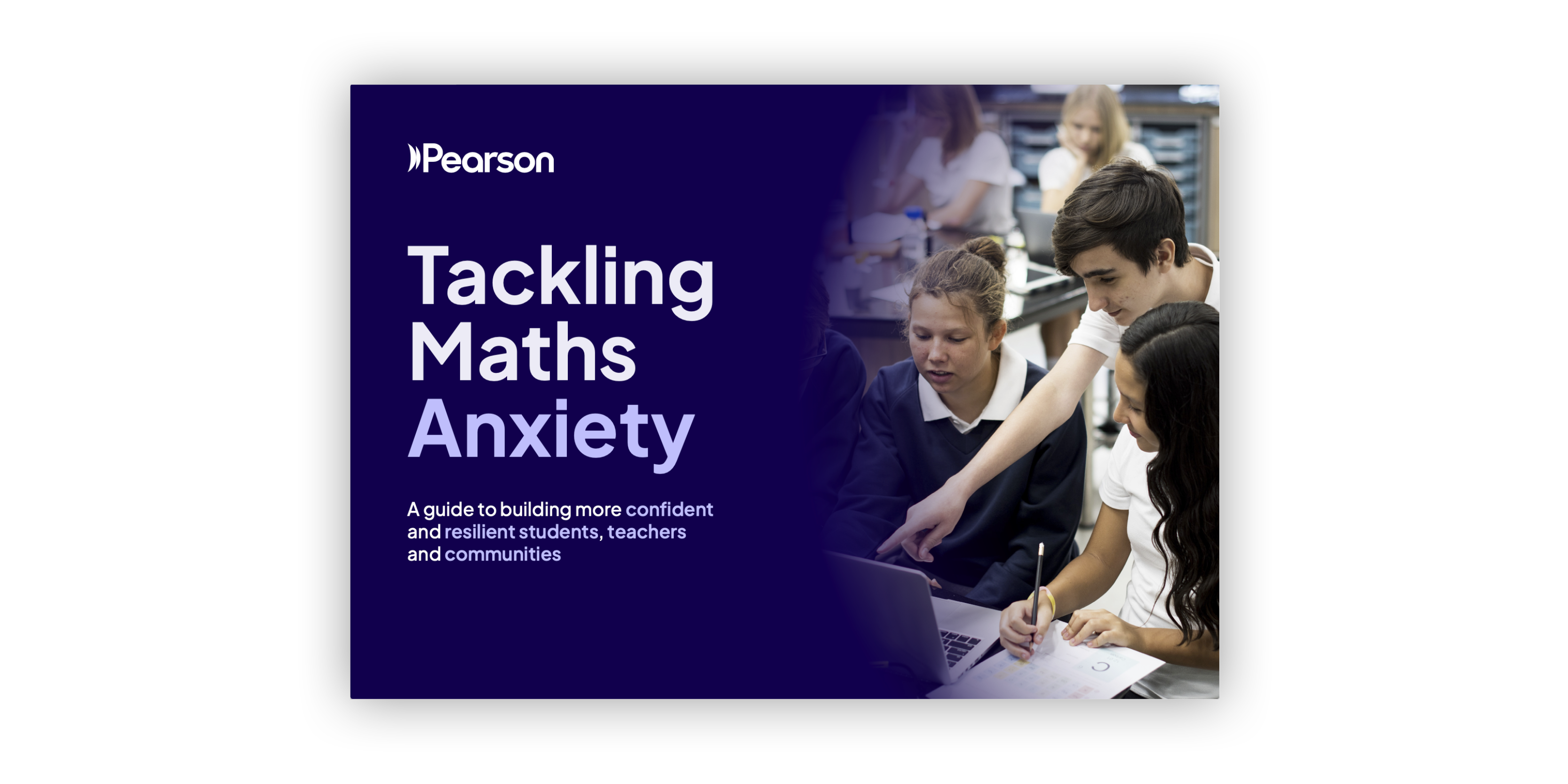Confidence in Maths
Maths is part of everyday life—and feeling confident in it makes a big difference. At Pearson, we’re committed to helping every student thrive. By listening to teachers, students and families, we’ve gained a deeper understanding of the challenges around maths anxiety.
That’s why we equip teachers with the right tools and support to build confidence in every classroom.



